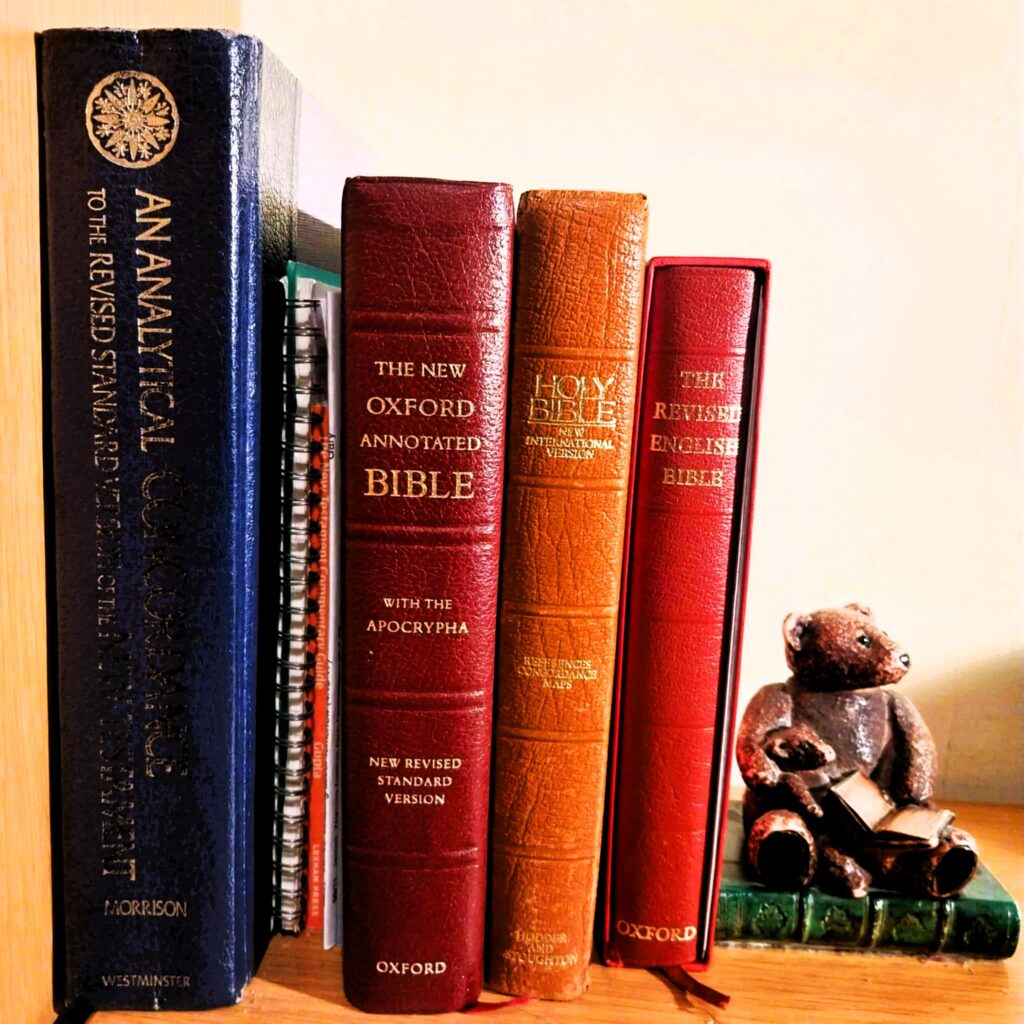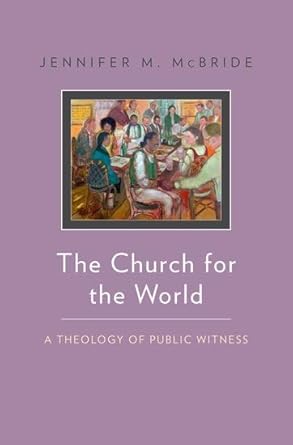
Monday: An accidental photograph, taken in a brief rain shower, against a January sun, in the botanic gardens in St Andrews. Given the importance of light in the book of Isaiah, it isn’t hard to see glimpses of Advent, and the hope that comes toward us as entire surprise, light with shafts of hope coming from beyond our own making and doing. This is what happens when God in mercy and love intrudes into our lives. Across the path we are walking, falls the light of God’s glory, and the promise of God’s presence wherever we happen to be.
“Arise, shine, for your light has come, and the glory of the Lord rises upon you.” (Isaiah 60.1)

Tuesday: About a mile from our home sits the Episcopal Community Church. The walk takes you towards the old village of Skene. On a particularly dreich day I was walking past in the mid-afternoon. On such days darkness is falling just after 3.00 p.m. From a particular angle the highlighted cross stands in the foreground, behind it a huge pylon. Both images are about power. Advent is a time when those who walk in the gloom, discover the light that shines on them, and around them. This photo takes us to the originating centre of the Advent hope, which is the redemptive purposes of God’s love. “Inscribed upon the cross we see, in shining letters ‘God is love’”

Wednesday: One of the features of living in Aberdeenshire is what we call big skies. The landscape and the light seem to provide a huge canvas, and sunrise and sunset can be quite spectacular. This is from the edge of the forest where we walk regularly. That’s the edge of the Highlands on the horizon. Advent is a time for enlarged thinking, for far horizons, lifting up our heads because redemption draws near and God is greater than our fears. “God is light, and in him there is no darkness at all.”

Thursday – During Advent a few years ago friends were feeling quite low, and we arranged to go out for Afternoon Tea. They had a token for an upmarket hotel so off we went. In a quiet room, lit and warmed by a fire, we talked and shared good food and at times shared silence. Yes, Advent is a time of anticipation, forward looking, expectation. It can also be a time to reflect on the road we’ve travelled so far, to remember when we walked in difficult places, to be grateful we made it to where we now are. And so in Advent we also pray, “Let the light of your face shine upon us, O Lord.” (Psalm 4.6)

Friday: Dawn on the Moray coast. The sun has not quite risen, but from the experience of every other day of our lives, we know it’s only a matter of time. And in the surrounding darkness of a world where there is much to cause anxiety, Advent is the hope-bringer, the promise that the sun will rise – it’s only a matter of God’s time. Isaiah knew perfectly well that darkness is real and so is its threatened triumph. But he also knew that light is the greater reality: “The Lord will be your everlasting light!” “Hail the heaven-born Prince of Peace! Hail the Sun of Righteousness!”

Saturday – This amazing sky developed at dusk on Cullen beach. It seems to combine light and shadow. Though not often included now in Advent preaching and hymns, the second coming, or the return of Christ, is a traditional theme too easily overlooked. Charles Wesley gave us these words to sing to help us stay awake to the promised coming of Jesus, the Second Advent:
Lo! He comes with clouds descending,
Once for favoured sinners slain!
Thousand, thousand saints attending,
Swell the triumph of his train.
Alleluia! Alleluia! Alleluia! God appears on earth to reign.

Sunday: I love this building! It is the Duncan Rice Library, at the University of Aberdeen. Why show its photo as an image related to Advent?
It’s a place full of books; it’s a place where people research, learn, read, write. It’s a place where the pursuit of knowledge, the love of truth and the acquiring of wisdom are thought to be absolutely worthwhile.
At Advent we celebrate the One who is the very Word of God, the eternal Wisdom of God, “Christ, in whom are hidden all the treasures of knowledge and wisdom.”
So in the relentless canned music of the season, in the frantic efforts to fill our time and our minds with whatever distracts from the realities we all live with, there is the call to stop, for a moment, just stop – and pray for the Spirit of wisdom, to help us see beyond the moment. Advent encourages such pauses, when knowing how Advent ends, we quietly say to each other, “O come let us adore him, Christ the Lord!”
Advent Prayer
Gracious Father,
by whose tender compassion
the light of Christ has dawned upon us:
open our hearts,
so that, joyfully receiving Christ,
we may declare his glory to the ends of the earth.
He lives and reigns with you and the Holy Spirit,
one God forever and ever. Amen






























